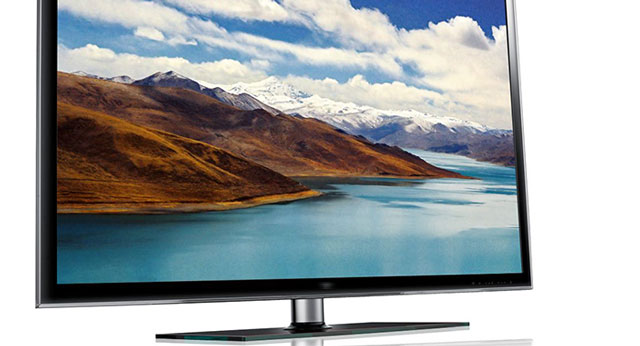
Depressed economy? What depressed economy? MultiChoice, which owns DStv, M-Net and SuperSport, has turned in another strong financial performance for the year ended 31 March 2015.
JSE-listed media giant Naspers revealed in its annual results, published on Monday evening, that its video entertainment segment (formerly its pay-television segment) generated annual revenues of R42,4bn — up by 17% on a year ago, despite tough economic conditions in MultiChoice’s main market, South Africa.
However, investment in infrastructure and expansion in Africa meant trading profit contracted by 6%, falling to R8bn from R8,5bn in the year before. Development spend increased by 31% to R2,4bn, Naspers said.
“Subscriber growth across the African continent remained robust,” it said. “Some 727 000 [satellite TV] customers were added, bringing the subscriber base to almost 8m.”
The group’s digital terrestrial television (DTT) network is also now “substantially in place”, with MultiChoice operating in 11 countries and 114 cities across Africa.
“The DTT base more than doubled, closing at 2,2m customers,” Naspers said. “Kenya is one of the first African countries to make the transition to digital as the analogue switch-off roll-out began in January 2015.”
But the group warned that competition from international online players, including Netflix, Amazon and Google, is “increasing”. TechCentral reported previously that Netflix will launch in South Africa before the end of 2016.
“MultiChoice is investing in its online offering, expanding its delivery platforms and improving products and services. The DStv Explora personal video recorder is a significant differentiator and became Internet-connected in November 2014,” it said.
“Our ‘TV everywhere’ strategy gained traction with the launch of DStv Now. Connected services allow customers access to a greater selection of entertainment on their tablet or smartphone — anywhere, anytime. Home movie rentals were made available to all DStv customers through BoxOffice, the video-on-demand service, which is now available in 11 African countries. Average monthly rentals tally around 600 000.”
The group said it is focusing on producing home-grown content tailored to audiences in markets such as Nigeria and Kenya. It spent R2bn in South Africa on local sport and other content.
MultiChoice signed deals with Eutelsat and Intelsat to bolster backup satellite capacity. It also invested in a second broadcast site to ensure uninterrupted viewing — for example, to deal with inclement weather conditions at its Randburg, Johannesburg headquarters that can affect broadcasts. — © 2015 NewsCentral Media

